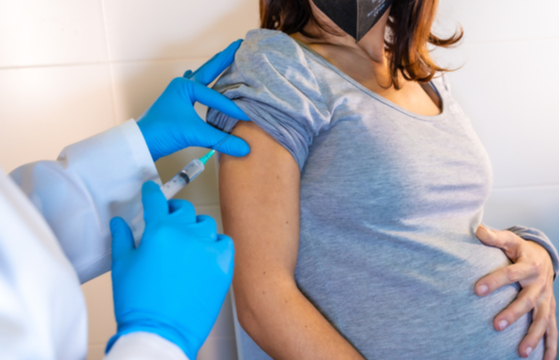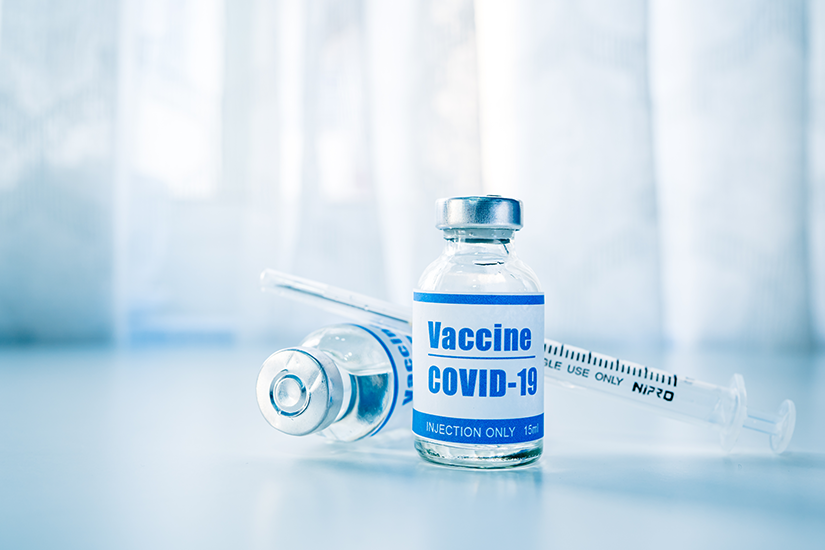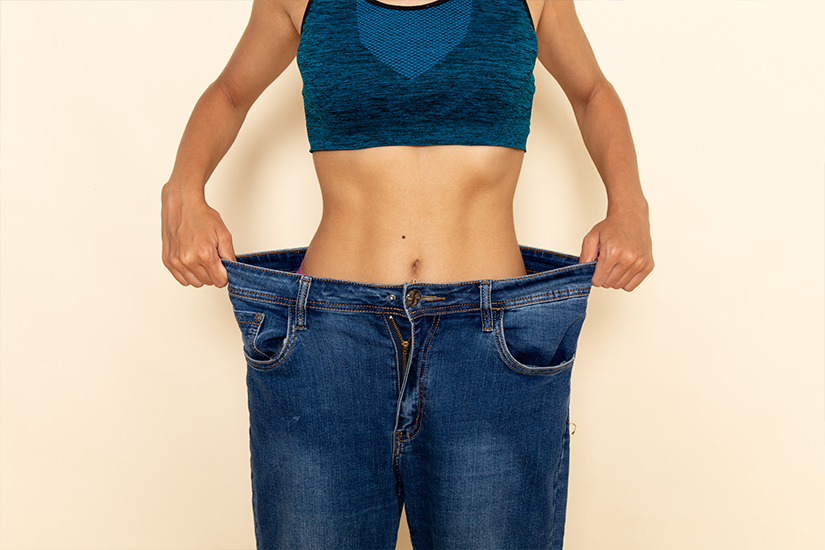- Emergency Ambulance Services
- 8606811111
- 0471-4077777, 0471-7177888
- gro@sutpattom.com
Covid-19 vaccination for pregnant women: Concern and Answers
The third wave of the pandemic has started in various parts of the country. The country has been inoculating its 18+ age population through nationwide vaccination drives. Almost a month back, pregnant women were directed to get their jabs without any doubt or concern regarding the effectiveness of the vaccine. Various research and studies show a positive effect of vaccines on pregnant and non-pregnant women.
A vaccine is approved for use in humans only after going through various monitoring and testing stages which can last up to 10 years. Various studies during the onset of the pandemic projected that vaccination is the only way out of this distressful situation and the Covid-19 vaccine had to be released urgently to counter the spread. The Covid-19 vaccine was launched at the end of a trial that lasted only for a few months. Pregnant women were not included in any of the experimental studies.
Later, studies with pregnant women indicated that Covid-19 vaccination is safe for pregnant women. This indication is strengthened by the fact that we are already providing vaccines for pregnant women against influenza. More than 125,000 pregnant women around the world have been vaccinated during various stages of pregnancy. The positive result has gathered confidence among pregnant women to inoculate without delay.
Pregnant women can receive either Covisheild or Covaxin, both of which are approved by our Medical authority. Vaccination can be administered at any stage of pregnancy. Pregnant women with diabetes, high blood pressure, thyroid problems, twins and IVF pregnancies should get vaccinated without further concern as Covid 19 disease is more severe in these medical conditions. Experiencing body ache and fever right after vaccination is quite normal and isnβt a case of worry.
People with food or medication allergies can also be vaccinated after informing the health workers before administering the vaccine. The second dose can be taken after eight weeks of the first dose. This exemption is recommended considering the severity of Covid eczema during pregnancy.
Women who get infected with Covid-19 during pregnancy can be vaccinated after their delivery. If a pregnant woman is infected with Covid after the first dose, vaccination can be taken three months after the onset of the infection or immediately after delivery. Breastfeeding mothers can also take Covid 19 vaccine now. Short-term studies show that Covid-19 does not adversely affect the foetus.
Taking Covid vaccination during pregnancy does not give immunity against Covid infection to the foetus. Although the presence of ‘antibodies’ against Covid 19 has been found in breast milk (for the vaccinated breastfeeding mothers) and in the oesophagus of the baby, it does not guarantee immunity against Covid 19 for the baby. Further studies are being carried out in this regard.
Studies and vaccine drive for pregnant women in India shows that they are safe and neednβt worry about getting the job. βIn the absence of any other effective treatment for the rapidly spreading Covid-19 infection, the Covid vaccines can be considered as a solace to mankind. We can extend salvation provided by vaccines to pregnant women as wellβ, concludes Dr Lakshmi.









